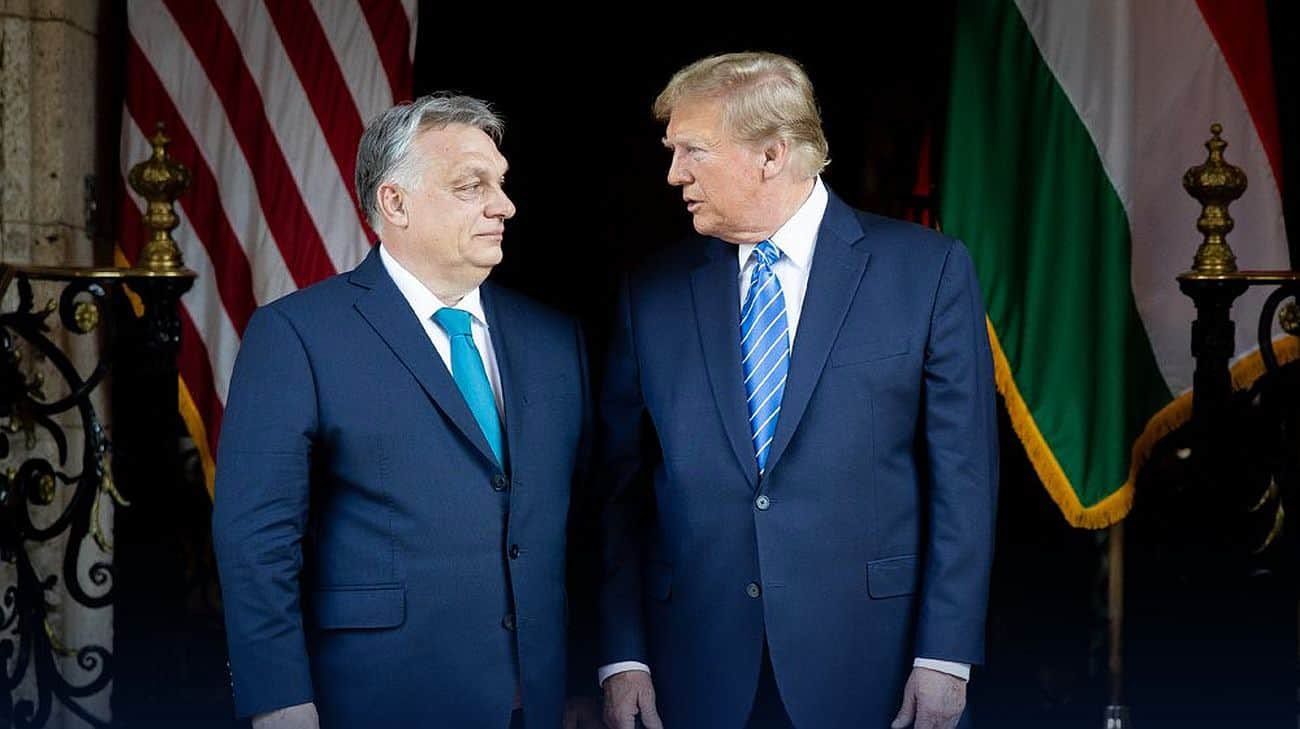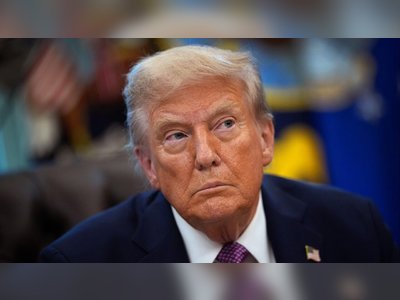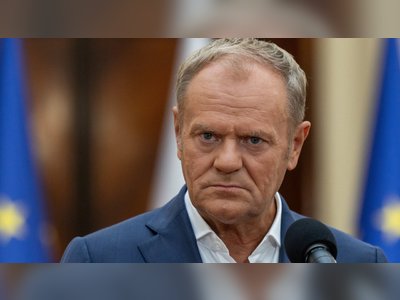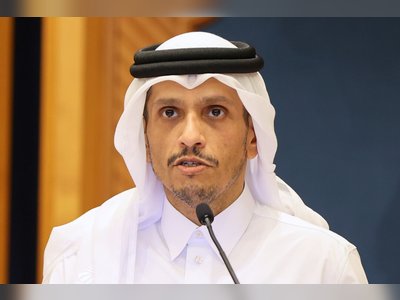
Hungary Pursues Strategic Trade Agreement with the United States
Prime Minister Viktor Orbán announces plans for a trade agreement amid tariff disputes.
Viktor Orbán, the Prime Minister of Hungary, announced the development of a strategic trade agreement between Hungary and the United States during the ceremonial opening of the economic year held by the Hungarian Chamber of Commerce and Industry.
Orbán noted that this agreement could potentially mitigate the domestic effects stemming from ongoing tariff disputes.
Former President Donald Trump has confirmed that reciprocal tariffs will be implemented starting April 2, impacting all U.S. trading partners uniformly based on tariffs applied to American goods.
A 25% tariff is slated for products imported from Europe, which represents a significant economic concern for European nations, including Hungary.
A White House official indicated that the Trump administration is preparing to impose tariffs in the coming weeks, with a focus on countries that maintain the largest trade surpluses with the United States.
Orbán expressed concern that the anticipated U.S. tariffs on European products could adversely affect the broader European economy, Hungary included.
However, he stipulated that the proposed bilateral agreement could help alleviate these adverse impacts.
In his address, Orbán highlighted the potential benefits of U.S.-Hungary economic cooperation, positing that it could offer Hungary a buffer against potential fallout from a trade war.
Additionally, he announced that by 2025, small and medium-sized enterprises (SMEs) will have access to an additional 1.7 trillion forints in funding, signaling substantial support for these sectors.
Orbán underscored the government's commitment to being a 'tax reduction government,' emphasizing the significance of lifelong tax exemptions for mothers raising children.
He outlined three key pillars of the tax policy framework: the encouragement of work, support for family and childbearing, and the implementation of tax deductions.
The government’s goal is to mobilize available resources to ensure that 2025 becomes a year of economic momentum, encouraging entrepreneurs to activate accumulated capital to invigorate the economy.
Major ongoing investments were outlined, including the southern bypass railway, an integrated tram network, and the construction of the Pázmány Péter Campus.
Orbán stressed the need for development resources to be redirected toward rural areas to foster regional convergence.
He confirmed that an agreement between the chamber and the government should be finalized by July at the latest to facilitate timely legislative approval.
Furthermore, he noted that two of the six major retail chains have committed to reducing prices, a move the government finds acceptable, as negotiations continue with the objective of lowering food prices.
Orbán noted that this agreement could potentially mitigate the domestic effects stemming from ongoing tariff disputes.
Former President Donald Trump has confirmed that reciprocal tariffs will be implemented starting April 2, impacting all U.S. trading partners uniformly based on tariffs applied to American goods.
A 25% tariff is slated for products imported from Europe, which represents a significant economic concern for European nations, including Hungary.
A White House official indicated that the Trump administration is preparing to impose tariffs in the coming weeks, with a focus on countries that maintain the largest trade surpluses with the United States.
Orbán expressed concern that the anticipated U.S. tariffs on European products could adversely affect the broader European economy, Hungary included.
However, he stipulated that the proposed bilateral agreement could help alleviate these adverse impacts.
In his address, Orbán highlighted the potential benefits of U.S.-Hungary economic cooperation, positing that it could offer Hungary a buffer against potential fallout from a trade war.
Additionally, he announced that by 2025, small and medium-sized enterprises (SMEs) will have access to an additional 1.7 trillion forints in funding, signaling substantial support for these sectors.
Orbán underscored the government's commitment to being a 'tax reduction government,' emphasizing the significance of lifelong tax exemptions for mothers raising children.
He outlined three key pillars of the tax policy framework: the encouragement of work, support for family and childbearing, and the implementation of tax deductions.
The government’s goal is to mobilize available resources to ensure that 2025 becomes a year of economic momentum, encouraging entrepreneurs to activate accumulated capital to invigorate the economy.
Major ongoing investments were outlined, including the southern bypass railway, an integrated tram network, and the construction of the Pázmány Péter Campus.
Orbán stressed the need for development resources to be redirected toward rural areas to foster regional convergence.
He confirmed that an agreement between the chamber and the government should be finalized by July at the latest to facilitate timely legislative approval.
Furthermore, he noted that two of the six major retail chains have committed to reducing prices, a move the government finds acceptable, as negotiations continue with the objective of lowering food prices.











